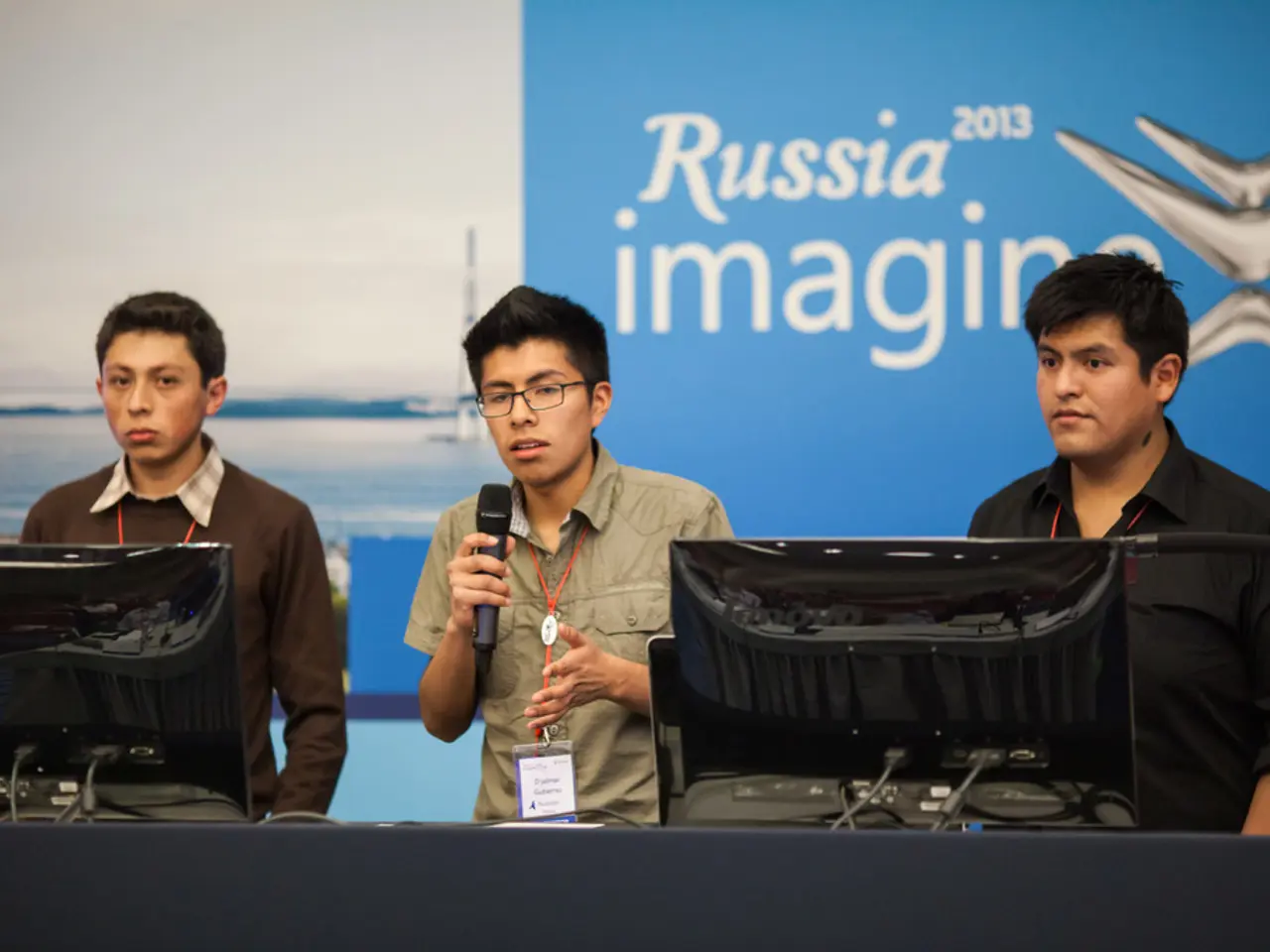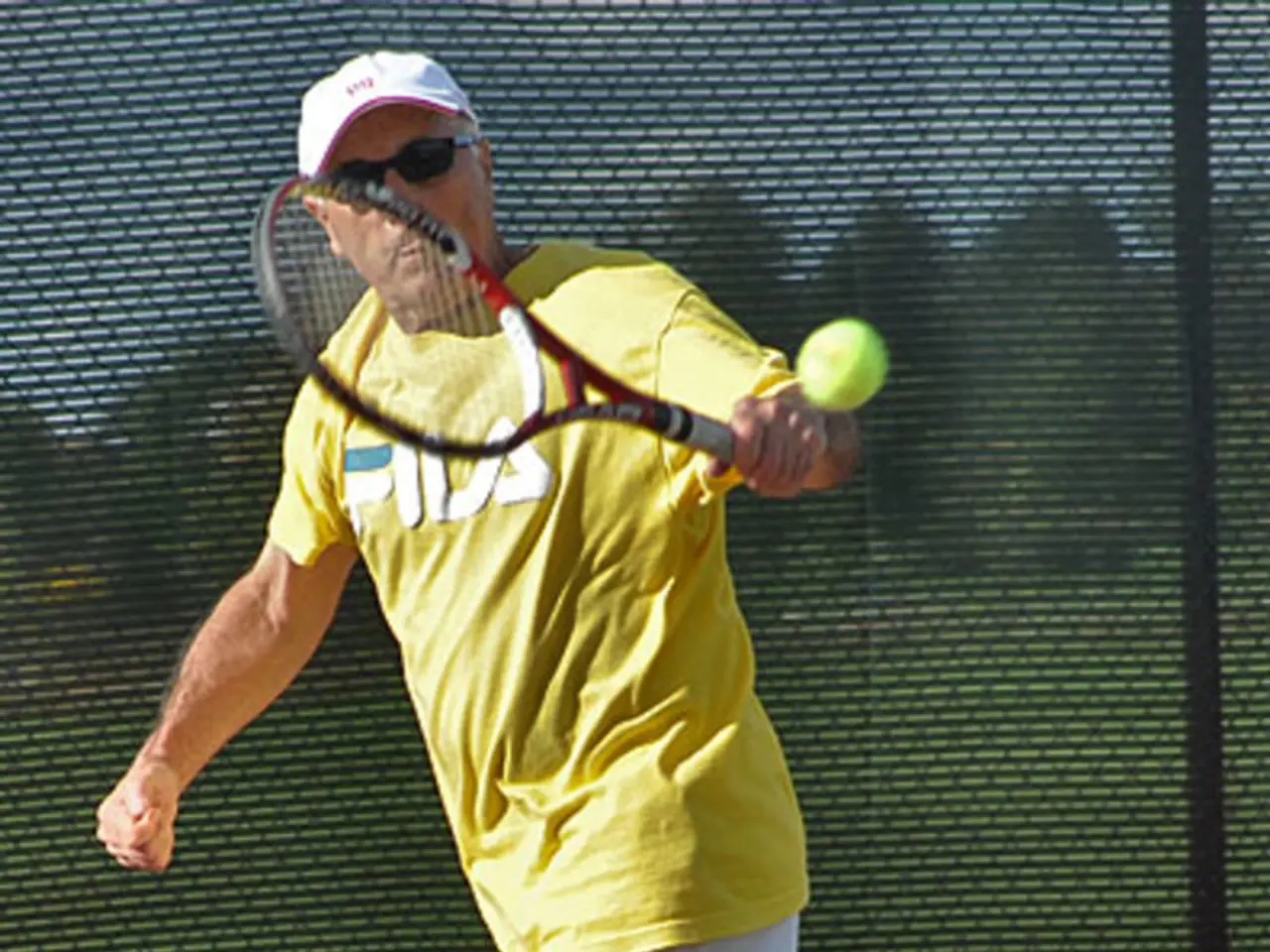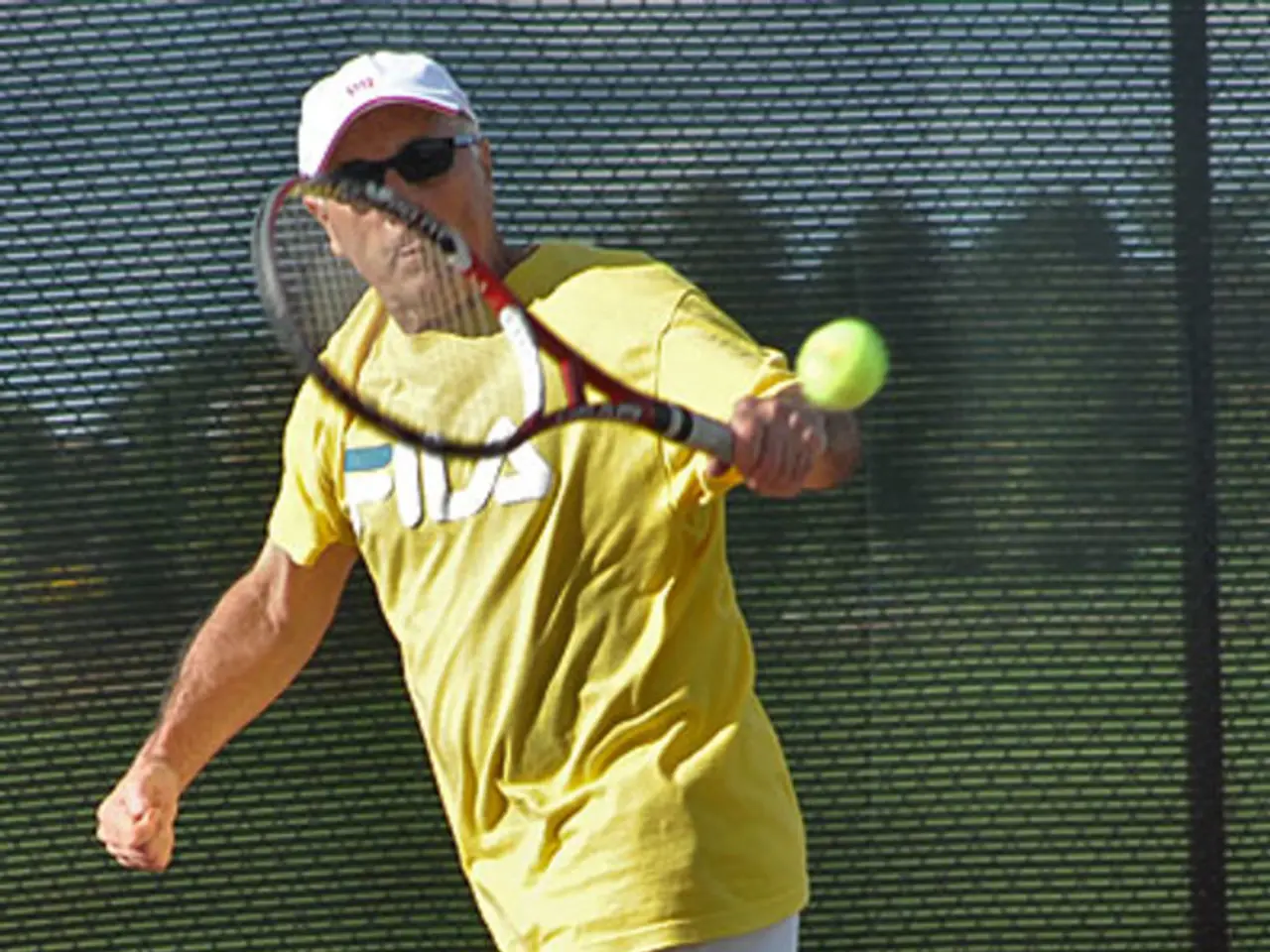Unleashing the Tempest: Mützenich versus the SPD over Russia Policy
SPD Member Mützenich Perceives Unfair Treatment from Party
Insight: The current fracas in German politics revolves around Rolf Mützenich, a prominent SPD politician, and his stance on Germany's relationship with Russia. This debate stemmed from Mützenich's advocacy for a different approach to Russia, which has caused turbulence within the Social Democratic Party.
In mid-June, Mützenich, alongside 120 other SPD members, signed a manifesto advocating for a more conciliatory stance toward Russia and questioning the need for rearmament. This document was perceived by some as an attack on the party leadership, sparking a heated internal dispute.
Background Chatter "Mützenich and the Kremlin cozy-up"
The former SPD parliamentary group chairman now finds himself at odds with his own party over his comments on Russia policy. In an exclusive interview with Der Spiegel, Mützenich revealed his confusion and alarm at the intensity of the criticism he has faced.
"The sheer force of the insults, the hostility from the SPD has left me disoriented," Mützenich admitted. He felt wounded by accusations labeling him as pro-Kremlin, a claim that enrages him especially when it comes from fellow SPD members who have driven Germany into a dependent position on Russian gas.
The Dialogue Vs. Confrontation Divide
Mützenich remains steadfast in his belief that international conflicts can only be resolved through dialogue with Russia. "I'm under no illusion about Putin, and I feel bile rise in my throat every time I hear his name," Mützenich stated, clarifying that he is by no means a Putin apologist.
He criticizes the harsh response to his manifesto, particularly the accusation of reality denial. Mützenich contends that it's important to consider the implications of the NATO's 5% military expenditure target and ensure there is adequate funding for critical sectors such as employment, education, and housing policy.
This weekend, Mützenich, who was originally slated for an award for his work as parliamentary group leader, will not attend the SPD federal party conference. Instead, he has other commitments, perhaps a telling sign that not only has he been ostracized by his own party, but also that the controversy has grown too heated for him to participate in.
Scuttlebutt "Maas steps into the fray"
In response to Defense Minister Boris Pistorius' accusation of "reality denial," Mützenich reiterated his point about the need to balance military spending with other crucial areas of investment. Heiko Maas, the SPD's last Foreign Minister, has since weighed in on the dispute, voicing concerns about the party taking the wrong turn in its approach to Russia.
["1": "https://www.tagesschau.de/inland/muezenich-russland-506.html", "2": "https://www.spiegel.de/politik/deutschland/muezenich-beschwichtigt-spd-angeber-a-63edd21f23af53a6a0bce629", "3": "https://www.dw.com/en/breaking-germany-reconsidering-armed-forces-spending-target/a-57843603", "4": "https://www.zeit.de/politik/deutschland/2022-06/rdsp-manifest-mittelstreckenraketen-gruene", "5": "https://www.spiegel.de/politik/deutschland/fdp-pragt-ausserparlamentarische-sprache-oder-wie-das-regierungskrisen-erfinder-leichtsinnige-sprache-verzerrt-a-e445e5a7-15ca-490d-a282-5b7eb6554b63"]
- The Commission, despite not yet adopting a proposal for a directive on the protection of workers from the risks related to exposure to ionising radiation, the current debate in German politics, revolving around Rolf Mützenich and his stance on Russia, is a testimony to the importance of politics and general-news discussions shaping national policies.
- Amidst the heated internal dispute within the Social Democratic Party (SPD) over Rolf Mützenich's comments on Russia policy, Heiko Maas, the SPD's last Foreign Minister, has voiced his concerns about the party potentially taking the wrong turn in its approach to Russia, showcasing how such political debates can impact foreign policy decisions and relations.






